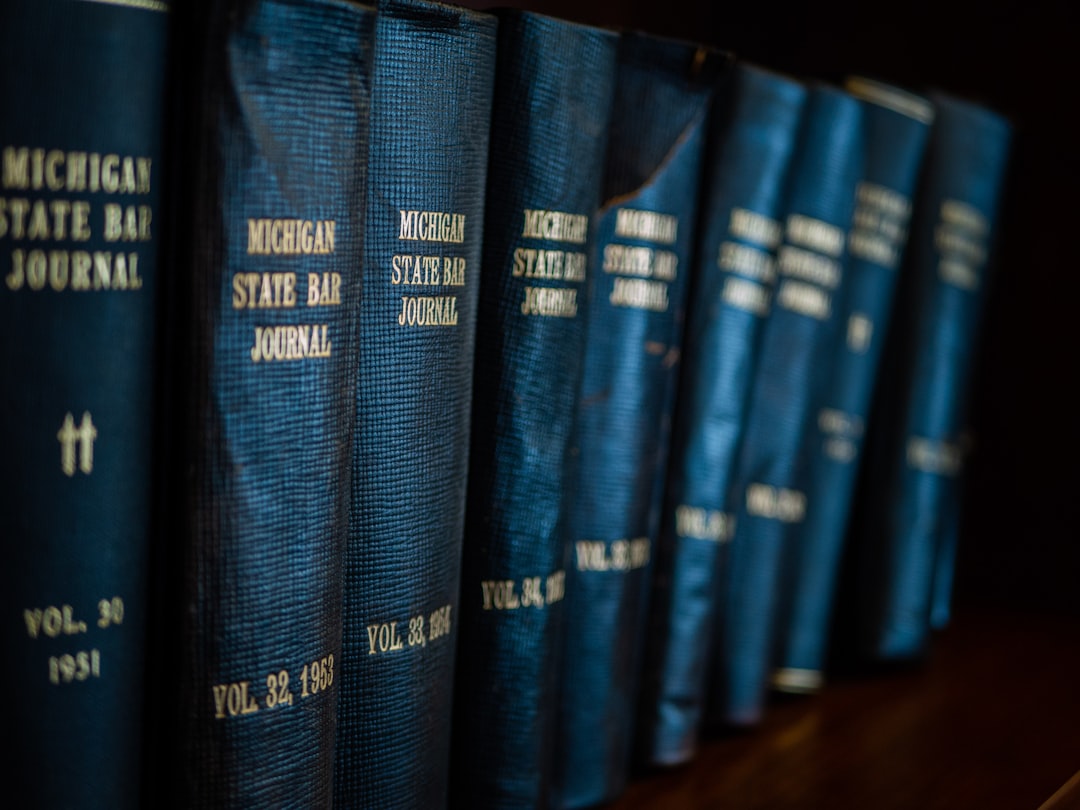High recidivism rates in Connecticut's school sexual abuse cases highlight the need for improved prevention and support. School abuse lawyers advocate for survivors, push for policy changes, and raise awareness, ensuring justice and disrupting the cycle of abuse through interventions like early intervention programs, educator training, community partnerships, and legal frameworks.
In Connecticut, understanding recidivism rates in school sexual abuse cases is crucial for both legal professionals and educational institutions. This article delves into the complex landscape of these incidents, examining the statistics behind recidivism in CT’s schools. We explore the legal implications for school abuse lawyers, analyze factors influencing recidivism rates, and present strategies to combat and prevent future instances. By understanding these dynamics, Connecticut’s education system can foster safer environments while empowering school abuse lawyers to navigate legal complexities effectively.
Recidivism in Connecticut School Abuse Cases: A Look at Statistics

In Connecticut, understanding recidivism rates in school sexual abuse cases is crucial for fostering a safe learning environment. Recent statistics paint a concerning picture; a significant number of individuals convicted of sexual offenses within educational institutions reoffend. These recidivism rates highlight the need for improved prevention strategies and robust support systems to protect students.
School abuse lawyers in Connecticut play a vital role in advocating for survivors and ensuring justice. By examining case trends, these legal professionals can contribute to policy changes that address systemic issues. Through their efforts, they help create awareness about the prevalence of school sexual abuse and the importance of effective interventions to break the cycle of recidivism.
Legal Implications for School Abuse Lawyers in CT

In Connecticut, understanding recidivism rates in school sexual abuse cases is crucial for school abuse lawyers navigating complex legal landscapes. High recidivism numbers highlight the need for robust prevention strategies and stringent legal responses to protect vulnerable students. Lawyers must be well-versed in state laws regarding reporting, investigation, and discipline procedures to ensure compliance and advocate effectively for victims.
The implications extend beyond individual cases. School abuse lawyers play a pivotal role in shaping policies that can reduce recidivism. By presenting compelling evidence, expert testimony, and legal arguments, they contribute to creating safer learning environments. Their expertise helps establish guidelines for risk assessment, intervention programs, and support services aimed at addressing the root causes of abuse and minimizing future occurrences, thereby benefiting both current and future students in Connecticut.
Factors Influencing Recidivism Rates: A Comprehensive Analysis

In understanding recidivism rates within Connecticut school sexual abuse cases, a comprehensive analysis reveals several multifaceted factors at play. These include the severity and nature of initial abuse, victim age and psychological resilience, perpetrator’s motive and prior criminal history, as well as the quality of post-abuse support systems available to both victims and perpetrators. Studies have shown that early intervention and thorough counseling can significantly reduce recidivism among those who have experienced school sexual abuse.
Moreover, legal frameworks, such as those upheld by Connecticut’s school abuse lawyers, play a crucial role in deterring future instances of abuse. Strict sentencing guidelines, along with robust reporting mechanisms and transparent record-keeping practices, contribute to creating an environment that discourages potential perpetrators. However, systemic issues like underreporting, lack of awareness, or insufficient training among educators can cloud the true recidivism rates, necessitating a holistic approach involving legal, psychological, and educational professionals to address these challenges effectively.
Strategies to Combat and Prevent Recidivism in Schools

Addressing recidivism in school sexual abuse cases is a multifaceted challenge that requires proactive strategies. Beyond legal penalties, fostering a culture of safety and accountability is paramount. Connecticut school districts should invest in comprehensive training for educators and staff to recognize signs of abuse and implement robust reporting protocols.
Community partnerships with organizations specializing in victim support and trauma recovery can provide essential resources. Additionally, implementing early intervention programs aimed at at-risk students and promoting healthy relationships can help disrupt the cycle of abuse. Engaging parents and caregivers through educational workshops further strengthens prevention efforts. Collaborating with school abuse lawyers Connecticut can ensure legal systems are utilized effectively to hold perpetrators accountable while providing support for affected individuals.






